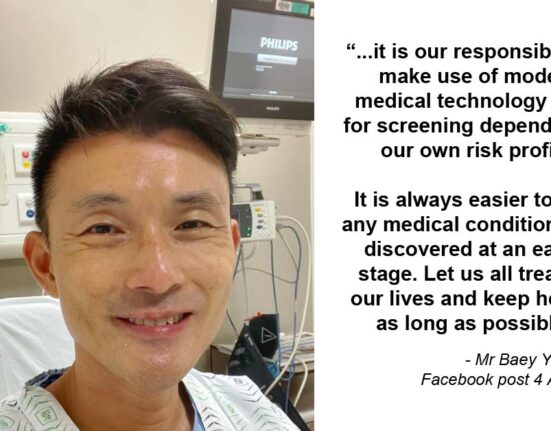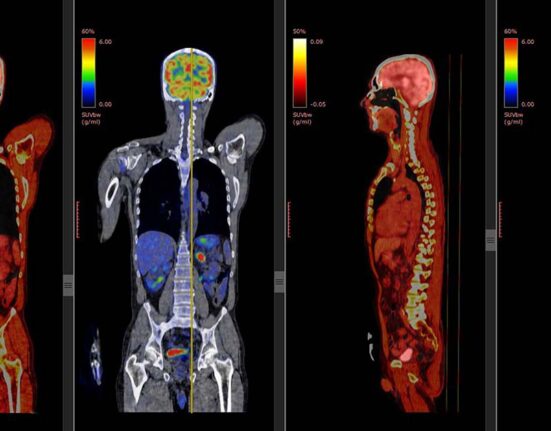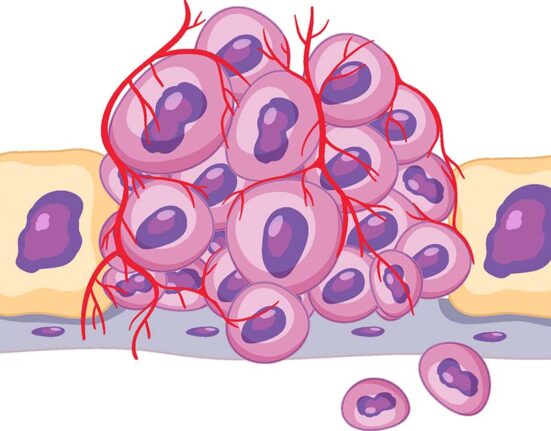Early discovery is the key to successful cancer treatment. There are four stages of cervical cancer, from I to IV, where stage I indicates minor cancerous growth, whereas stage IV means cancer has spread to other body parts. After determining the severity of the disease and the patient’s medical history, the doctor can recommend the most appropriate option to treat the cervical cancer.
Cervical Cancer Treatment Options:
There are numerous types of cervical cancer therapies including surgery, radiotherapy, and chemotherapy or immunotherapy.
Localised Therapies:
Local ablative or excision techniques can be used to eradicate aberrant cells before they become malignant in the pre-cancer stage. Cryosurgery and cauterization are examples of techniques that have minimum impact on healthy tissue.
Surgery:
There are different types of surgery to treat cervical cancer, depending on the cancerous cell growth and its impact on other body organs. For example,
- Radical trachelectomy: This surgery removes the cervix but leaves the uterus intact. Many doctors advocate this procedure for young women who hope to get pregnant in the future but don’t want to risk losing their fertility.
- Cone Biopsy: Cone biopsy or conization is a surgical procedure to remove a cone-shaped piece of abnormal tissue from the cervix. The fundamental goal of conization is to remove the cancer-causing aberrant tissue. The doctor uses a microscope and surgical tools like a laser or scalpel to remove malignant tissues.
- Simple or Radical Hysterectomy: This procedure removes both the cervix and uterus at once. A hysterectomy can be either minor or extensive. Unlike simple hysterectomies, which just take out one part of the reproductive organs, there are radical hysterectomy procedures that remove all of the reproductive organs and surrounding tissue. In addition, there is a possibility that the lymph nodes will be removed as part of the radical hysterectomy.
Radiation Therapy:
Radiation therapy employs high-intensity x-rays to stop cancer from spreading. Treatments are administered in one of two ways: either externally, using a linear accelerator machine that directs radiation at the tumour, or internally, using an intracervical capsule filled with radioactive particles.
Chemotherapy:
Chemotherapy involves powerful drugs to destroy cancerous cells. Those in an advanced stage of cervical cancer, which means it has spread or started to affect other body organs, can be treated with chemotherapy. It is available in two forms, injection into your veins or oral medication. The doctor will determine the length of the chemotherapy cycle; it can consist of multiple cycles, depending upon the treatment requirement.
Immunotherapy
This relatively new treatment option (available at cancer clinics such as Parkway Cancer Centre located at Mount Elizabeth and Gleneagles hospital) involves stimulating the body’s immunity system to target cancerous cells and prevent malignant tissues from spreading to other organs. The doctor may recommend this option if chemotherapy does not work.
In addition to a patient’s age, general health, personal circumstances, and preferences, other considerations include the severity of the condition at the time of diagnosis and the choices available. For example, cervical cancer can have an impact on a woman’s sexual proclivities as well as her capacity to bear children. When deciding on a course of treatment, these issues need to be borne in mind.
Further Reading That Might Interest You
Protect against cancer, cardiovascular disease, and other chronic diseases with regular health screening. Compare and shop for health screenings from Singapore and regional healthcare providers at a single convenient platform - shop.health365.sg
This article is informative only and is not intended to be a substitute for professional medical advice, diagnosis, or treatment, and should never be relied upon for specific medical advice.






















































